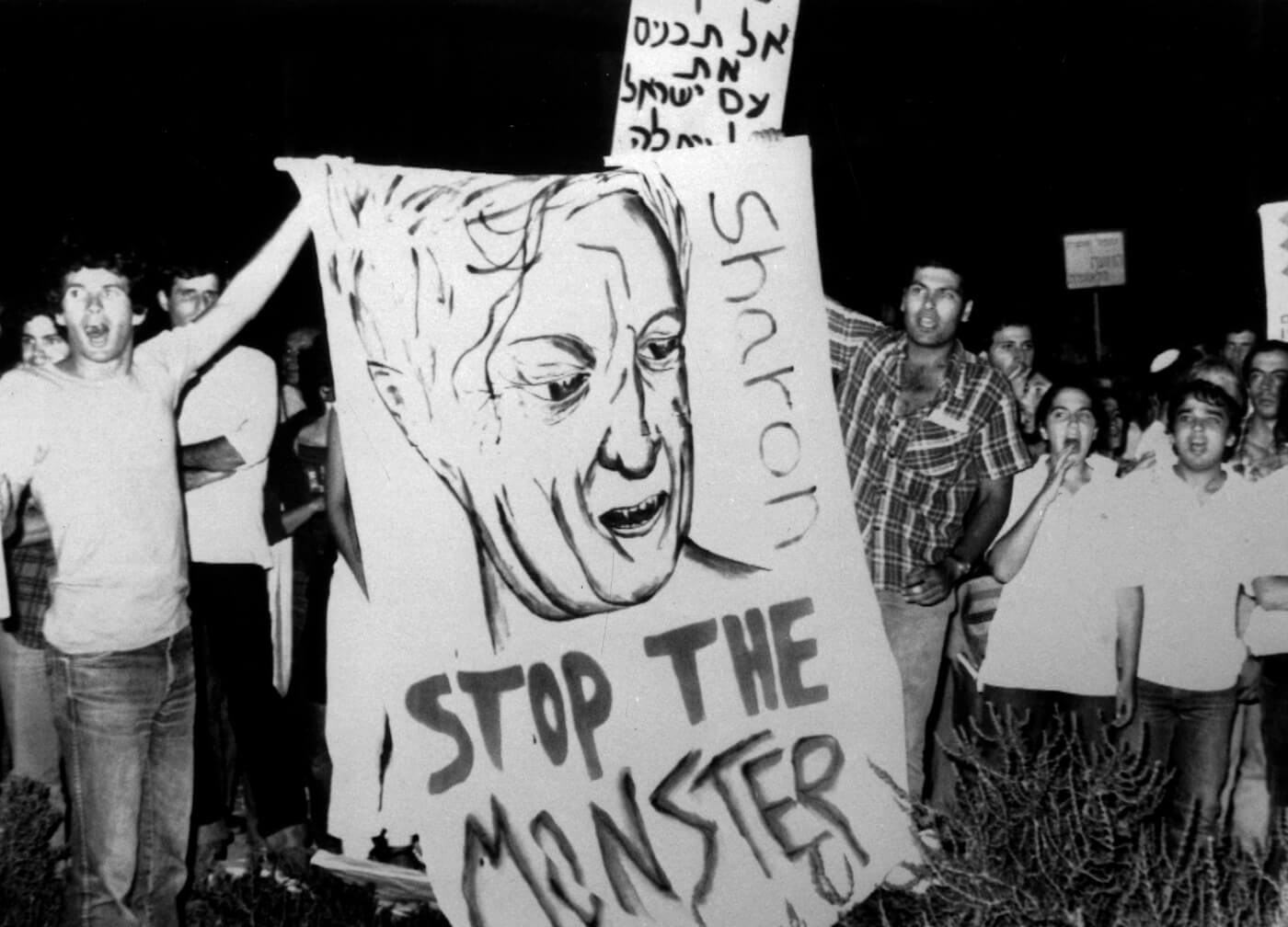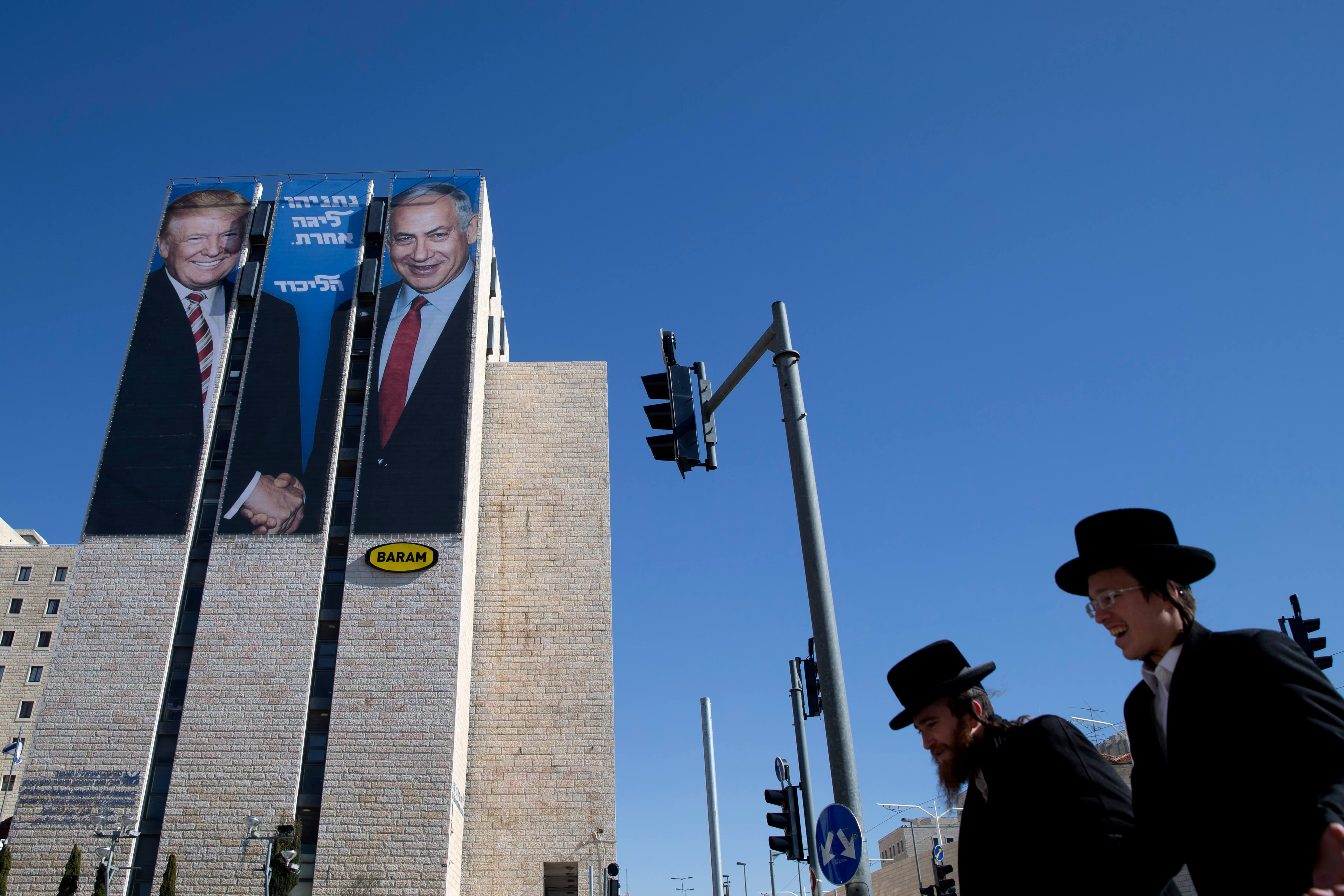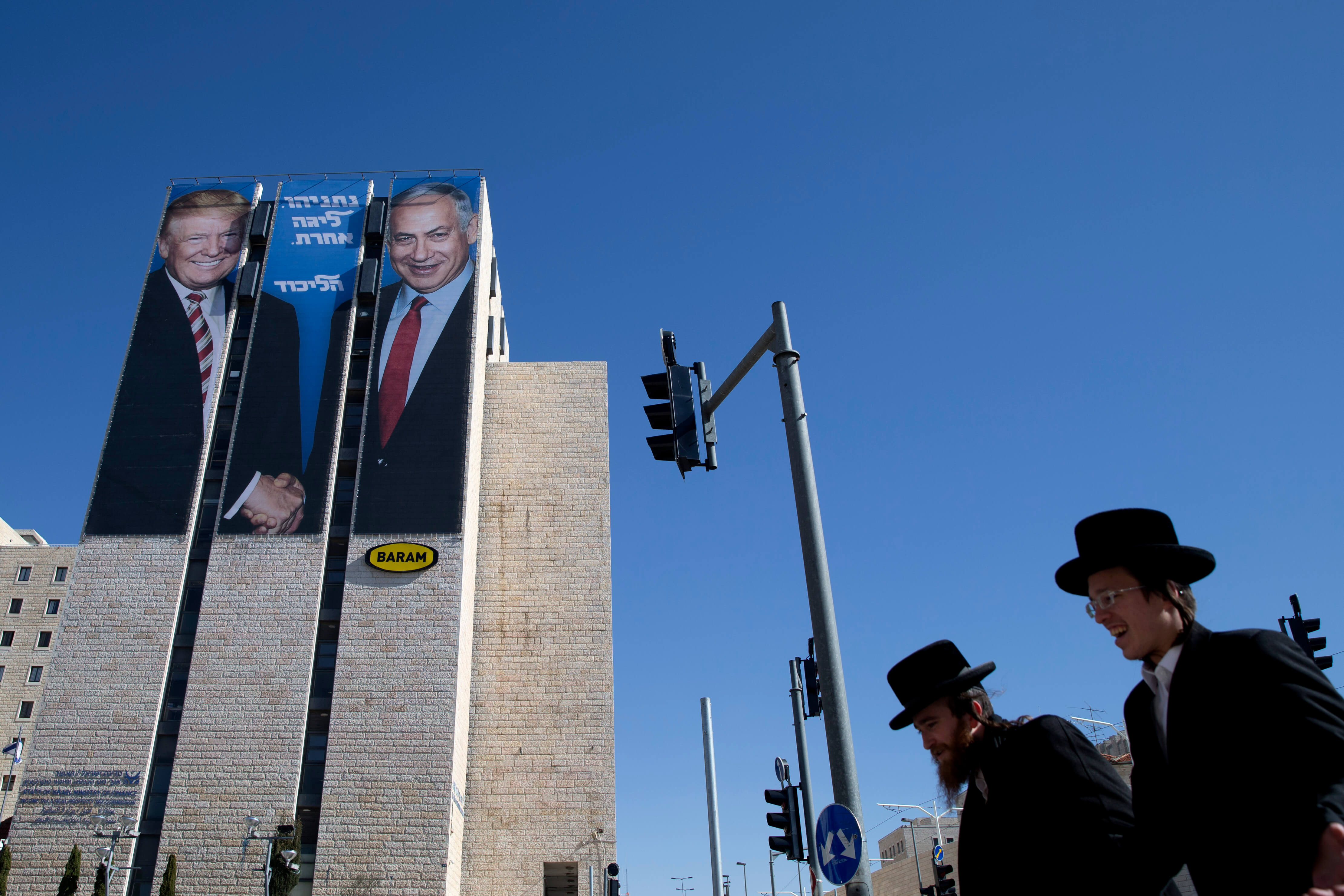JERUSALEM — Israel’s Minister of Justice, Ayelet Shaked, who now co-chairs a new political party called “The New Right” (New Yamin), recently posted a tweet accusing the Israeli right-wing party, the Likud, of being “Left.” As Israel prepares for elections, it seems the most common phrase used to put someone down is that he or she is part of “The Left,” though it has nothing to do with actual left-wing politics — it means weak and unwilling to kill Palestinians.
The A-team of Israeli war criminals
Benny Gantz, the retired general and former Chief of Staff of the IDF, kicked off his campaign with a video showing how efficiently the IDF under his command killed and destroyed in the Gaza Strip. Then, in a speech launching his campaign, he claimed that he was neither Left or Right but was accused by the Likud Party of being “Left.” The truth is that there is no “Left” in Israeli politics.
At the same time, another former IDF Chief of Staff, retired general Gabi Ashkenazi, is in contact with what seems to be the “generals’ list” of Gantz and Moshe Ayalon, also a former IDF Chief of Staff. They are apparently discussing a union to create a political block of what the news site Mako and some voters call “Center-Left.” Interesting that these former generals who are the A-team of Israeli war criminals are considered by Israeli standards to be Center-Left.
The Zionist Left?
Zionism and left-wing politics cannot coexist because Zionism is a racist ideology that gave rise to a racist endeavor: Israel. However, that did not stop a considerable portion of the Zionist movement from seeing themselves as left and propagating strong socialist ideals. It was an attempt to apply left-wing politics to a racist, apartheid ideology and it almost worked, for a while.
During its first three decades, the state of Israel was in fact governed by left-leaning political parties who called themselves socialist and enacted socialist policies. However, the socialist ideals were carefully applied to the Jewish population only, thus maintaining a strictly enforced apartheid regime in which the indigenous Palestinian population was denied the rights and privileges offered to Jews.
When in the late 1970s the Zionist Labour Party and its socialist allies became bankrupt and the right-wing Likud Party came to power, there were instances where popular uprisings took place and gave the impression that there was a Left-Zionist sentiment within Israeli society. This happened in the early 1980s when Israel invaded Lebanon and then-Israeli Defense Minister Ariel Sharon orchestrated the massacres in the Palestinian refugee camps Sabra and Shatila. Hundreds of thousands of Israelis came out to demand his resignation.

Israeli protesters call for the resignation of Defense Minister Ariel Sharon and demand an inquiry into the massacre of Palestinians in Beirut the week before, Sept. 23, 1982. Photo | AP
In the early 1990s, it seemed there was a revival of the Zionist Left when the Labour Party — under the leadership of yet another IDF Chief of Staff and war criminal, Yitzhak Rabin — won the elections, albeit by a slim majority. Those were the years of the Oslo bluff, where the myth of a peace agreement between Israel and the Palestinians was being fabricated.
However, in the end — in the fall of 2000 and in the aftermath of the failed Camp David Peace Summit, when it was becoming clear that the Oslo Peace process was a fabrication and that Israel wanted no peace — Israelis were forced to make a choice. The electorate had to decide whether they were more Zionist, or whether they wanted peace, which in Israel translates to left-wing politics.
Almost to the last one, Israelis chose Zionism over peace. This was expressed clearly in the elections for prime minister that took place in early 2001. Ariel Sharon, who twenty years earlier was fired from his post as Minister of Defense because of his role in the 1982 Sabra and Shatila massacres, and who was prohibited from serving as minister of defense again, became prime minister after winning 62 percent of the vote.
From that point on, other than on the fringe, there was no serious attempt to maintain any left-leaning political parties. It became clear that there was no appetite within Israeli society for peace with the Palestinians. Sharon became the symbol of Israeli strength and continuity and everyone was measured by his standard. Today, close to twenty years after the inevitable death of the Zionist Left, and after a decade of leading Israel as prime minister, Benjamin Netanyahu calls the shots.
Netanyahu in a different league
Now, with the election season in full gear, small-time politicians fighting one another to lead parties that have no vision and nothing new to offer (other than their own backsides on the prime minister’s chair) work very hard to prove how right-wing they are. Netanyahu, on the other hand, kicked off his campaign by displaying mega-posters, placed on high rises all over the country, displaying him and Donald Trump shaking hands and smiling. The slogan attached to the posters is, “Netanyahu. A Different League.” The slogan is not only well chosen, but it is in fact true.

A campaign billboard shows Benjamin Netanyahu and Donald Trump in Jerusalem, Feb. 4, 2019. Hebrew on the billboard reads: “Netanyahu is in a different league.” Oded Balilty | AP
None of the other politicians can even come close to Netanyahu’s achievements, which are unprecedented, or to his talent as a politician.
In an interview by Israel’s Hebrew daily Ynet, Israel’s Minister of Energy, Yuval Steinitz, explained why he supports Prime Minister Netanyahu, and why he will continue to do so. Steinitz accurately recounted Netanyahu’s most impressive achievements saying: “He is one of the most notable leaders in the international arena today,” and he continued, “no other Israeli leader could have influenced the United States to pull out of the Iran Deal and impose sanctions on Iran.”
We can expect that Netanyahu, and the Likud Party in general, will also remind Israeli voters that Netanyahu got the United States to recognize Jerusalem as the capital of Israel, and to move its embassy from Tel-Aviv to Jerusalem. That is an accomplishment of a magnitude that all but guarantees that Netanyahu’s backside will remain on the PM seat for the foreseeable future.
Top Photo | An election campaign poster with the image of Israeli Prime Minister Benjamin Netanyahu lies among ballot papers at his party’s election headquarters, in Tel Aviv. Dan Balilty | AP
Miko Peled is an author and human rights activist born in Jerusalem. He is the author of “The General’s Son. Journey of an Israeli in Palestine,” and “Injustice, the Story of the Holy Land Foundation Five.”
The post A League of His Own: Netanyahu Dominates an Israeli Election Lacking a Left appeared first on MintPress News.
